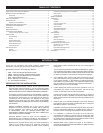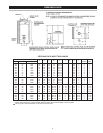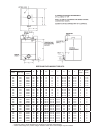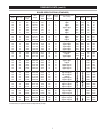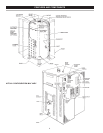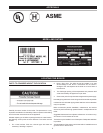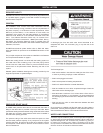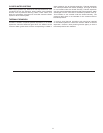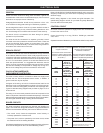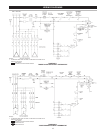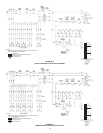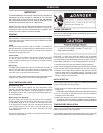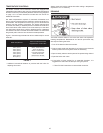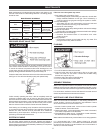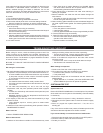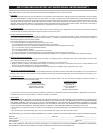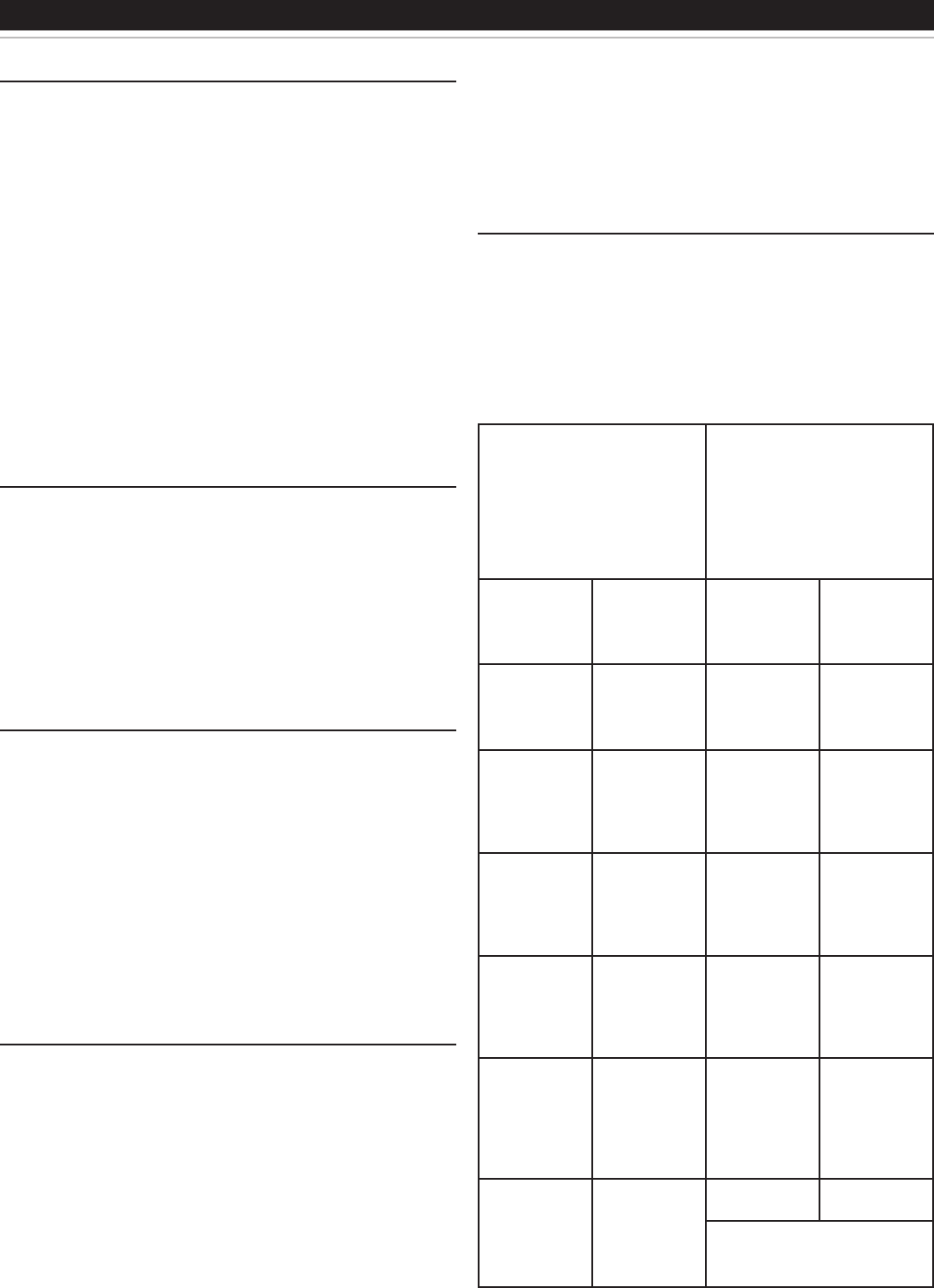
12
ELECTRICAL DATA
GENERAL
Check the boiler model and rating plate information against the
characteristics of the branch circuit electrical supply. Do not connect
the boiler to an improper source of electricity.
Voltage applied to the boiler should not vary more than + 5% to -10%
of the model and rating plate marking for satisfactory operation.
Do not energize the branch circuit for any reason before the boiler is
lled with water. Doing so may cause the heating elements to burn
out. Such damage is not covered under the terms of the warranty.
The branch circuit is connected to the block through an opening
provided on top of the boiler.
The boiler should be connected to a separate, grounded, branch
circuit with overcurrent protection and disconnect switch. These are
part of the electrical supply system not components of the boiler,
as such they are obtained locally. The boiler should be grounded in
accordance with national and local codes.
BRANCH CIRCUIT
The branch circuit wire size should be established through reference
to the National Electrical Code or other locally approved source in
conjunction with boiler amperage rating. Branch circuit wiring which
connects to the boiler terminal block should be temperature rated
at 75°C. For convenience, portions of the wire size tables from the
Code are reproduced here. It is suggested the electrician size the
branch circuit at 125 percent of the boiler rating and further increase
wire size as necessary to compensate for voltage drop in long runs.
Branch circuit voltage drop should not exceed 3% at the boiler.
CALCULATING AMPERAGE/
OVERCURRENT PROTECTION
The boiler is factory wired for connection to three wire single-phase
or three and four wire three-phase branch circuits. In addition, a
ground conductor may be required.
A diagram of the wiring “as built” is furnished with the boiler for the
electrician’s use. An amperage table is on pages 7 & 12 of this manual.
The boiler model and rating plate provides full load amperage data.
Typical or Standard wiring diagrams are provided on pages 13 & 14
of this manual.
The rating of the overcurrent protection should be computed on the
basis of 125 percent of the total connected load amperage. Where the
standard ratings and settings do not correspond with this computation,
the next higher standard rating or setting should be selected.
BOILER CIRCUITS
The boiler’s electrical components are pictured and identied on
page 8. The model and rating plate illustration on page 9 identies the
electrical characteristics. Basically, there are two electrical circuits:
• The control circuit, where the temperature control directly or
indirectly operates the contactor coils.
• The power circuit, which is operated by the control circuit, carries
the electrical load of the heating elements.
The following describes the circuits and includes typical wiring diagrams.
All circuits are designed for 60 or 50 Hertz alternating current.
Refer to ELECTRICAL CONFIGURATION TABLE, below, and wiring
diagram provided with your boiler before completing connections to
electrical supply.
NOTE: Wiring diagrams in this manual are typical examples. The
specic wiring diagram “as built” for your boiler is typically attached to
the “inner side” of the control panel.
CONTROL CIRCUIT
All control circuits are operated on single-phase 120V. A transformer
is used in the control circuit.
Control circuit wiring is 14 Awg, THHN or THWN type, rated 600
volts, 105°C.
Seperate instructional literature is provided with the boiler for step control.
Portion of Table 310-16
Allowable Ampacities of Insulated
Copper Conductors
Not more than three conductors in
raceway or cable or direct burial
(based on ambient temperature of
30°C, 86°F.)
Portion of Table 310-16
Allowable Ampacities of Insulated
Aluminum and Copper-Clad
Aluminum Conductors
Not more than three conductors in
raceway or cable or direct burial
(based on ambient temperature of
30°C, 86°F.)
Size
Temperature
Rating of
Conductor. See
Table 310-13 in
Code Size
Temperature
Rating of
Conductor. See
Table 310-13 in
Code
AWG
MCM
75°C (167°F)
Types RH,
RHW, RUH (14-
2), THW, THWN,
XHHW, USE
AWG
MCM
75°C (167°F)
Types RH,
RHW, RUH (12-
2), THW, THWN,
XHHW, USE
18
16
14
12
10
8
- - - - -
- - - - -
15
20
30
45
12
10
8
6
4
3
15
25
40
50
65
75
6
4
3
2
1
1/0
65
85
100
115
130
150
2
1
1/0
2/0
3/0
4/0
90
100
120
135
155
180
2/0
3/0
4/0
250
300
350
175
200
230
255
285
310
250
300
350
400
500
600
205
230
250
270
310
340
400
500
600
700
750
800
900
335
380
420
460
475
490
520
700
750
800
900
1000
1250
1500
375
385
395
425
445
485
520
1000
1250
1500
1750
2000
545
590
625
650
665
1750
2000
545
560
These capacites relate only to conductors
described in Table 310-13 in Code.
For ambient temperatures over 30°C, see
Correction Factors, Note 13 in Code



